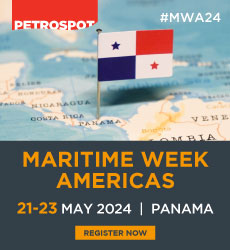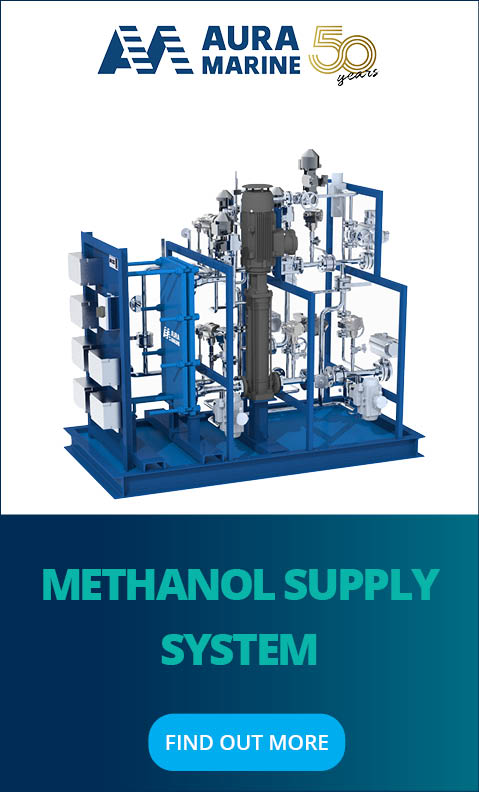The Global Centre for Maritime Decarbonisation (GCMD) has informed Bunkerspot that it has teamed up with NYK Line to launch Project LOTUS – a six-month study looking at the long-term impact of continuous use of biofuels on vessel operations.
GCMD will lead Project LOTUS while NYK Line will provide the vessel and manage fuel procurement. VPS will handle fuel and lube oil analyses and Gard will support GCMD as an insurance and risk assessment consultant on the project.
The project will trial the use of a biofuels blend comprising of 24% Fatty Acid Methyl Esters (FAME) and very low sulphur fuel oil (VLSFO) onboard a short-sea vehicle carrier.
The vessel will also allow for regular access to fuels stored onboard for sampling and testing during frequent port calls.
FAME is derived from second-generation feedstocks like used cooking oil and palm oil mill effluent and while its compatibility with existing engines and bunkering infrastructure makes it an attractive ‘drop-in’ green fuel, GCMD said that there are ‘concerns about the impact of its extended use on vessel operations’. In particular, FAME can be more susceptible than conventional marine fuels to chemical degradation and microbial growth, the by-products of which can corrode shipboard engine systems and/ or clog fuel delivery systems. Consequently, classification societies have recommended increasing the frequency of maintenance when using biofuels and its blends compared to using conventional marine fuels.
The past decade has seen trials of various biofuels onboard vessels – but GCMD said that these have primarily focused on the fuels’ combustion characteristics and the extent of emissions abatement, so ‘data on the impact of long-term and continuous use of biofuels on engine performance and fuel delivery system operations remain limited’.
GCMD said that Project LOTUS will address this ‘knowledge gap’ by establishing industry guidelines for monitoring engine and equipment performance when using biofuels. This pilot will also evaluate the total cost of ownership of using biofuels, covering the cost of fuel and additional maintenance costs associated with its use. Additionally, it will identify potential challenges related to continuous biofuel usage, such as corrosion of engine systems and valve failures, and recommend mitigation strategies.
NYK Line and GCMD anticipate that the findings from Project LOTUS can provide ‘complementary real-world data’ to the upcoming revision of ISO 8217:2024, which includes specification of standards for a wider range of FAME-based blends up to B100.
Professor Lynn Loo, CEO of GCMD, said: ‘Project LOTUS will provide valuable insights into how extended biofuels use affect engine performance and shipboard operations. This knowledge will empower stakeholders across the ecosystem, from shipowners and charterers to biofuels producers and regulators – to make more informed business and policy decisions. Ultimately, this pilot will lead to greater confidence for biofuels use at scale, accelerating progress towards decarbonising the maritime industry.’
Nobuhiro Kashima, Senior Managing Executive Office of NYK Line, added: ‘We released the NYK Group Decarbonization Story in November 2023, declaring a new target to reduce the NYK Group’s GHG emissions by 45% from the fiscal 2021 level by fiscal 2030. To achieve this goal, from fiscal 2024 we started conducting full-scale trials of the long-term use of biofuels in navigating existing heavy oil-powered vessels. We are delighted to launch Project LOTUS together with reliable partners, like GCMD. We believe the knowledge gained 3 through this project will help us achieve our GHG reduction targets and eventually contribute to the decarbonisation of the maritime industry.’














